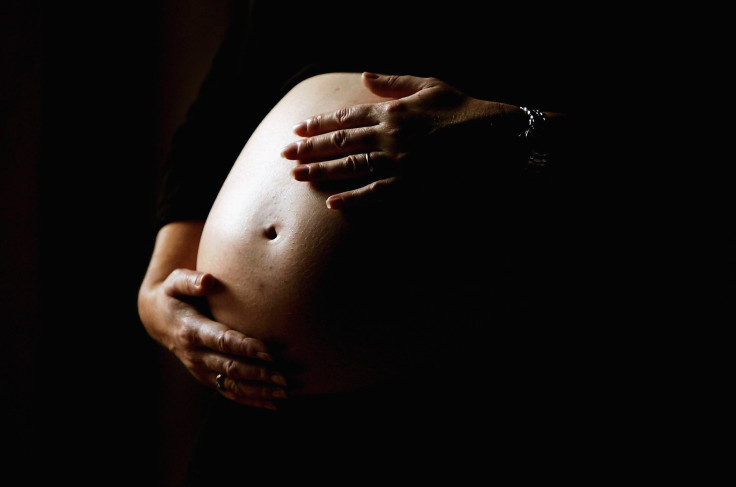US Maternal Mortality Rates: Texas Lawmakers Failed To Curb Pregnancy-Related Deaths

A 2016 University of Maryland study discovered that Texas has the highest maternal mortality rate in the entire developed world. However, in spite of knowing this fact a few months later after the study was published, Texas lawmakers did nothing to address the problem or take steps to curb it, the Associated Press reported Sunday.
According to the study, pregnancy-related deaths in Texas “doubled within a 2-year period to levels not seen in other U.S. states.” The number of maternal deaths for every 100,000 births was between 17.7 and 18.6 from 2000-2010, 33 in 2011, and 35.8 in 2014, the study found. The Guardian also reported from another study appearing in the September 2016 issue of the journal Obstetrics and Gynecology , which said that “the estimated number of maternal deaths per 100,000 births rose to 23.8 in 2014 from 18.8 in 2000 – or about 27 percent in Texas.”
Read: Mozambique Legalizes Abortion: President Signs Law Seeking To Curb High Maternal Mortality Rate
According to the study, the state's maternal mortality task force also found that black mothers were disproportionately likely to die during pregnancy or childbirth, which appeared surprising as Black women make up about 28 percent of maternal deaths despite constituting only 11 percent of births in the state.
Despite the results about the skyrocketing maternal deaths in the state, lawmakers did not address the issue before the end of their legislative session. Now, they will have to wait till 2019 to address this issue in the next session. Several measures that were proposed in order to deal with this problem in Texas weren't even voted on.
Republican state senator Lois Kolkhorst introduced a measure to extend the end date of Texas’ maternal mortality task force from the year 2019 to 2023, however the measure had failed. The task force was established in 2013. If the measure would have been passed then it would have permitted researchers to continue to study the specific causes behind pregnancy-related deaths in Texas.
“We had a chance to move the needle and we really failed to do so,” Kolkhorst told AP. “Certainly, as we develop in medicine, we can do better to take care of women in today's society versus past societies. I'm very disappointed.”
Kolkhorst wanted the task force to be in place so that lawmakers could counter and curb the already high maternal mortality rate in the state. Further research in to the issue would help understand, “is it haemorrhaging, is it post-partum depression, is it aftercare?” said Kolkhorst. “Are there things we could do pre-birth that would help with post-birth?”
The task force’s chairwoman, Lisa Hollier stated that the proposed extension of the force would be “vital for us to be able to understand the causes and preventive measures of so many Texas mothers' fatalities.”
Read: Sex Discrimination: Texas House Adds Limited Definition Of Sex To Bill Regulating Uber, Lyft
“The detailed case reviews we are doing are essential to understanding the actual causes of death,” said Hollier, explaining that although her committee had discovered that cardiac problems have been a significant cause leading to pregnancy-related deaths but that alone does not “lead to specific information for appropriate intervention programs.”
“I am concerned that we had the opportunity for some improvements and that opportunity may have passed us by,” Hollier added.
© Copyright IBTimes 2025. All rights reserved.






















